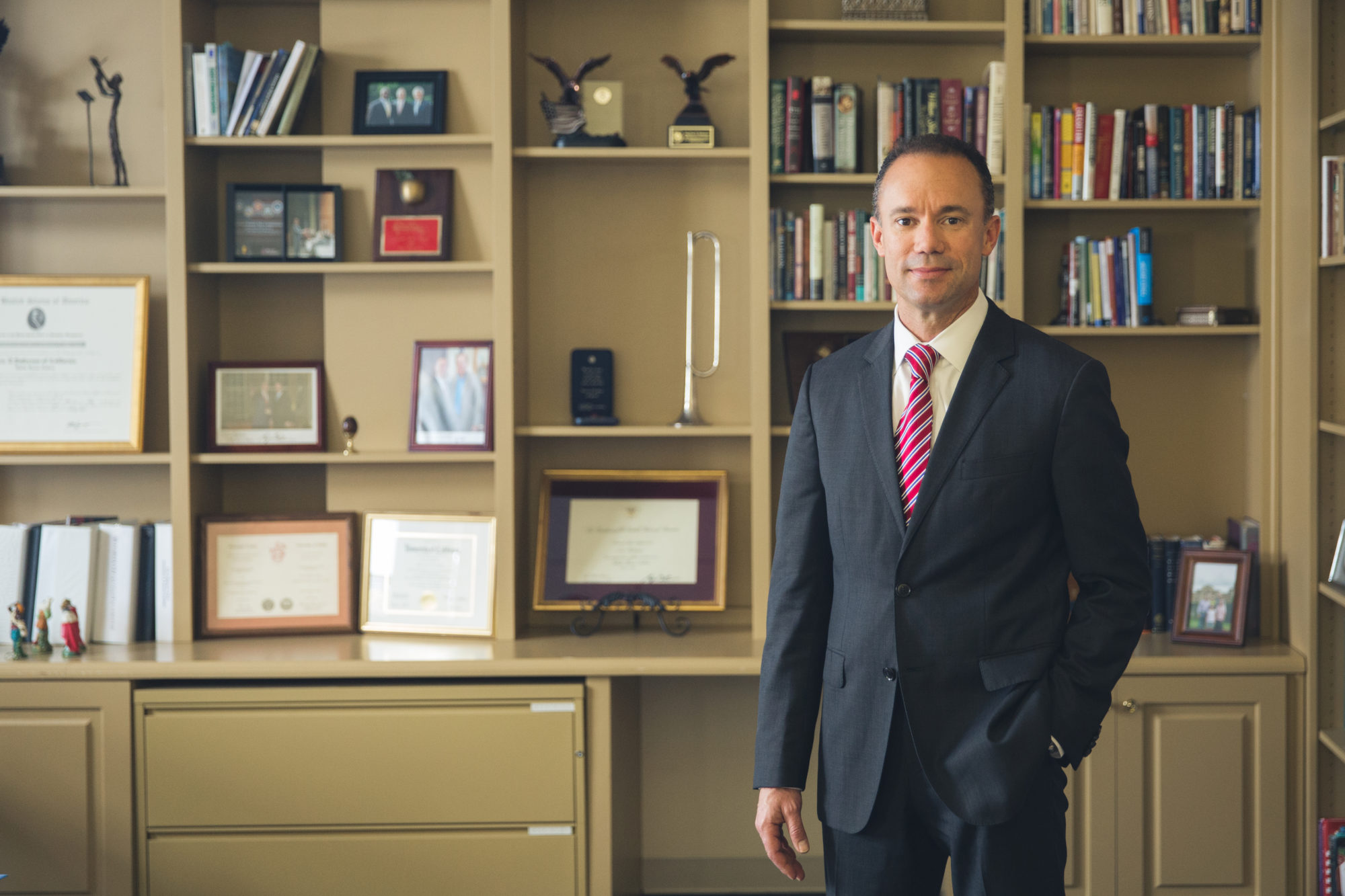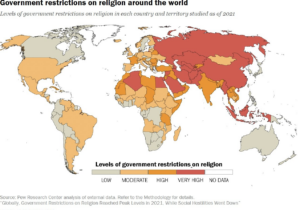In recent years, the US has recognized Religious Freedom Day on the anniversary of the passage of the Virginia Statutes of Religious Freedom in 1786. It’s typically overshadowed by other attention-grabbing events like Martin Luther King, Jr. day and the March for Life. Nevertheless, as President Biden said in his 2023 Religious Freedom Day Proclamation,
This religious freedom — this freedom to practice religion fully and freely or to practice no religion at all — is enshrined in our Constitution. And together we must continue to preserve and protect it.
Jefferson was proud of drafting the Virginia Statutes for Religious Freedom, so proud, in fact that he stipulated that his tombstone should record three things: author of the Declaration of Independence and the Statute of Virginia for Religious Freedom, and Father of the University of Virginia. Not even his service as governor or president made the headstone.
The Statutes for Religious Freedom trumpet that religious freedom is a natural right:
We … declare, that the rights hereby asserted are of the natural rights of mankind, and that if any act shall be hereafter passed to repeal the present or to narrow its operation, such act will be an infringement of natural right.
That natural right, what to believe and how to act based on that belief, should be no matter for government. Government coercion and social violence are immoral and ineffective tools for combatting error. Rather,
Truth is great and will prevail if left to herself; that she is the proper and sufficient antagonist to error, and has nothing to fear from the conflict unless by human interposition disarmed of her natural weapons, free argument and debate; errors ceasing to be dangerous when it is permitted freely to contradict them.
What we find in the Statute is an underlying argument that government coercion in matters of conscience and religion is immoral and unnatural. Speaking of mind and conscience, Jefferson writes, “all attempts to influence it by temporal punishments, or burthens, or by civil incapacitations, tend only to beget habits of hypocrisy and meanness.” Religion is denuded of its fundamental value when it is narrowed to the imposed opinions of the elite.
Moreover, Jefferson calls it impious and presumptuous for “legislators and rulers, civil as well as ecclesiastical, who, being themselves but fallible and uninspired men, have assumed dominion over the faith of others, setting up their own opinions and modes of thinking as the only true and infallible…” Whether in high government or other office, it is wrong – “tyrannical” – to try to force fellow citizens to believe and act within one sectarian vision.
It is noteworthy that Jefferson’s argument is wide. He is not speaking simply about specific doctrines or religious practices, but, more widely about government coercion in any belief system or activity that violates the individual’s conscience. Speaking of magistrates, he condemns civil authorities who force their values on the neighbors, “because he being of course judge of that tendency will make his opinions the rule of judgment, and approve or condemn the sentiments of others only as they shall square with or differ from his own.”
Unfortunately, in the United States today we have increasingly seen a secular, irreligious worldview imposed on the citizenry against the natural rights of their conscience. Religious folk have been lampooned in the press, threatened by government officials, and seen attacks on their livelihoods and houses of worship in increasing numbers. A new secular ideology has sought to use the power of government, from the courts to quasi-government so-called “human rights commissions” and other unelected bureaucracies, to erase religious language and symbols from America’s history books.
Abroad we see a different yet similar threat, one Jefferson would easily have recognized. Whether it is the secular ideology of China’s Communist Party or the authoritarian religious framework of Iran and Saudi Arabia, as much as three-quarters of the world’s citizens are denied this natural right of religious freedom.
The Statutes lay out a compelling vision of what religious freedom looks like:
We the General Assembly of Virginia do enact10 that no man shall be compelled to frequent or support any religious worship, place, or ministry whatsoever, nor shall be enforced, restrained, molested, or burthened in his body or goods, nor shall otherwise suffer, on account of his religious opinions or belief; but that all men shall be free to profess, and by argument to maintain, their opinions in matters of religion, and that the same shall in no wise diminish, enlarge, or affect their civil capacities.
In conclusion, one can see how Jefferson’s rich vision in the Virginia Statutes builds on his previous work as author of the Declaration of Independence.
We hold these truths to be self-evident, that all men are created equal, that they are endowed by their Creator with certain unalienable Rights, that among these are Life, Liberty and the pursuit of Happiness.
It is Jefferson’s vision, a vision of ordered liberty founded on the natural right of freedom of religion, that continues to challenge Americans to strive for freedom at home and champion for others abroad.






